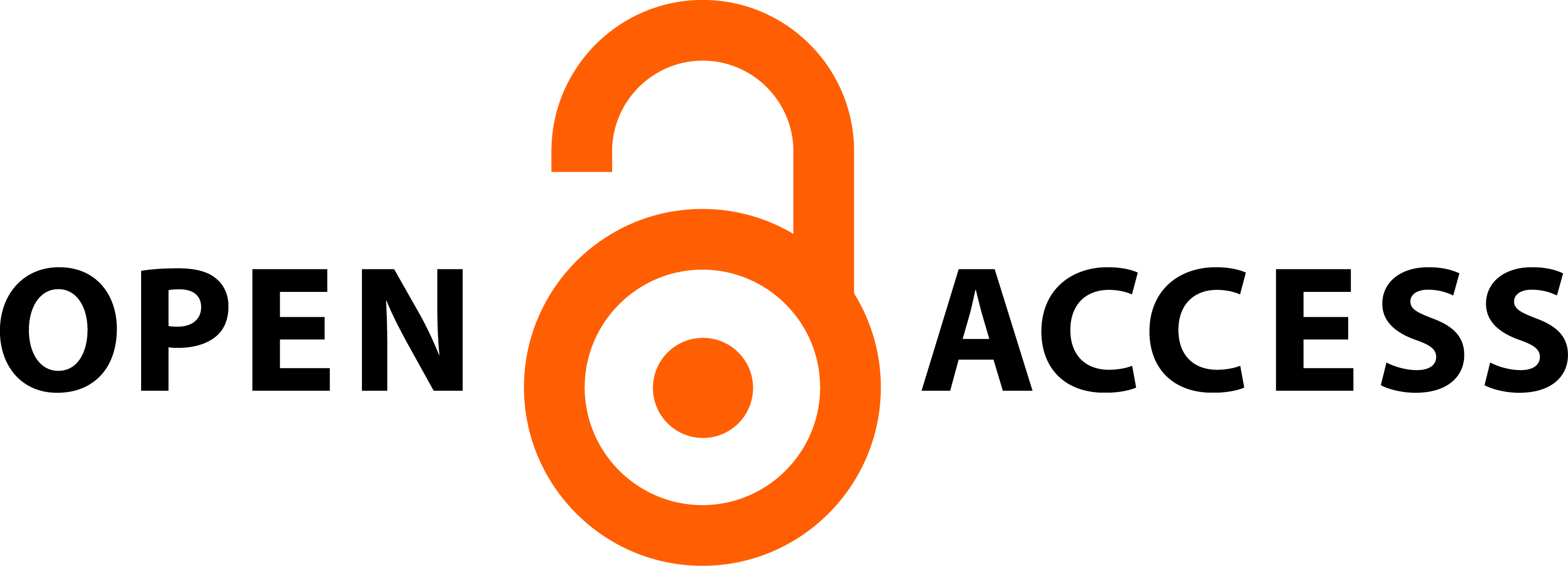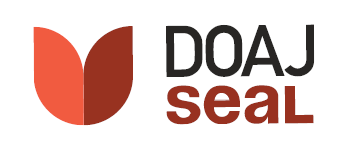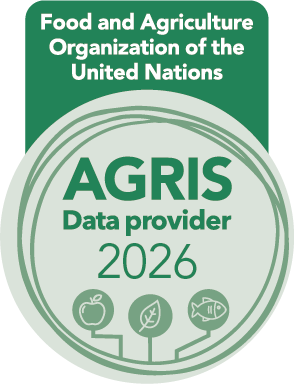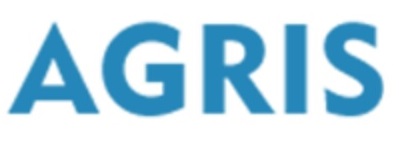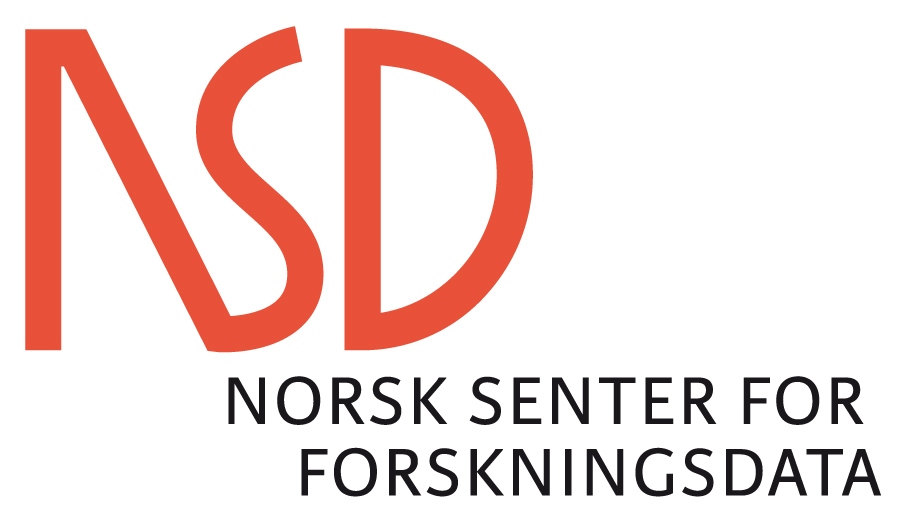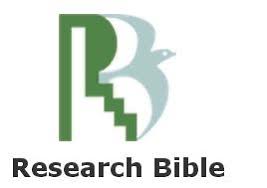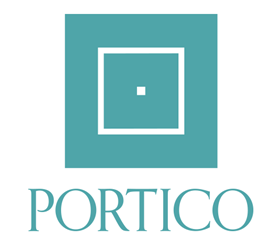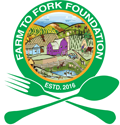Screening of sorghum genotypes for salt-tolerance based on seed germination and seedling stage
DOI:
https://doi.org/10.5455/faa.18483Keywords:
Sorghum, cereal, salinity, osmotic stress, growth mechanism, physiological indicesAbstract
Soil salinity is an increasing problem in the world and main obstacle to agricultural productivity especially in areas where irrigation is necessary. Adoption of salt tolerant genotype is more important here and so screening of salt tolerant genotypes by quick method, particularly in early stages of their growth is essential. Some laboratory studies using nine sorghum genotypes were conducted to screen salt tolerant genotypes during germination and seedling growth stages. The genotypes were Hybrid sorgo, Debgiri, BD 703, BD 706, BD 707, BD 713, BD 720, BD 725 and BD 738 and salinity levels were 0 dS m−1 (control), 6 dS m−1, 12 dS m−1 and 18 dS m−1. There were 36 (9 × 4) treatments in a completely randomized design (CRD) with three replications. Saline treatments were imposed by sea water. To screen out the salt-tolerant genotypes - germination percentage, rate of germination, vigor index and different physiological parameters i.e. germination stress tolerance index (GSTI), root length stress tolerance index (RLSI), shoot length stress tolerance index (SLSI) and fresh weight stress tolerance index (FSTI) were studied. In this study, all the parameters were decreased with increasing salinity. Results showed that sorghum genotypes Hybrid sorgo, BD 703 and BD 707 were categorized as tolerant while Debgiri and BD 713 were as sensitive ones. Besides these, sorghum genotypes were not tolerant up to 18dS m−1 though some of them were tolerant at 12 dS m−1. Overall, these tolerant and sensitive genotypes might be used in the further genetic improvement of the same and different crops.
Downloads
Downloads
Published
How to Cite
Issue
Section
License
Copyright (c) 2019 by the author(s). This work is licensed under a Creative Commons.

This work is licensed under a Creative Commons Attribution-NonCommercial 4.0 International License.
